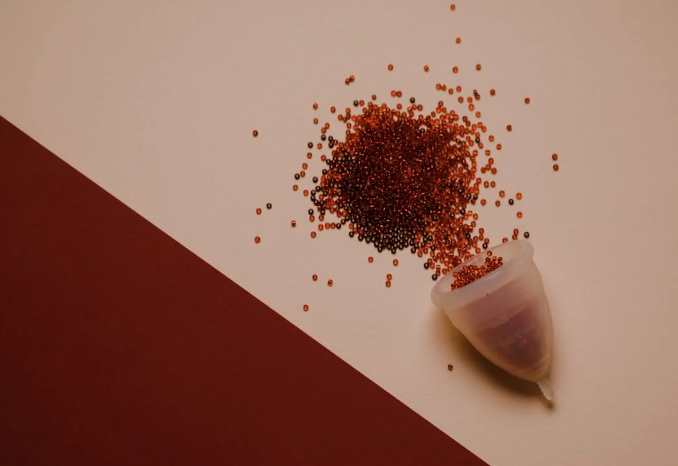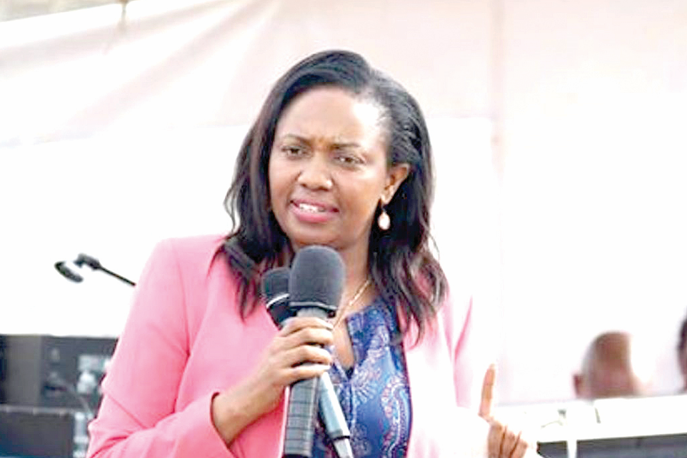Make menstruation a dignified experience

Menstrual hygiene day will be marked next week, and once again we will be reminded of the urgent need to make menstruation a dignified experience for every girl and woman. Yet, while the government and various non-governmental organizations continue to distribute reusable sanitary towels as a one-size-fits-all solution, they miss a critical point: dignified menstruation is not just about products it’s about access to water, sanitation, and hygiene (WASH). And sadly, in Kenya, water remains a luxury for millions.
The push for reusable sanitary towels is often framed as an environmentally friendly and economically viable solution. Proponents argue that these products offer long-term relief for girls who can’t afford monthly sanitary pads. But what is rarely discussed is the harsh reality for girls living in water-scarce regions, informal settlements, or drought-stricken counties, where even finding water to drink is a daily struggle let alone having enough clean water to wash menstrual products safely and with dignity.
Let’s talk about dignity. Dignified menstruation means more than just not bleeding through your clothes. It means having access to private, safe spaces to change and wash, the ability to manage your period without fear or shame, and having your needs respected in policy and practice. Handing out reusable sanitary towels without ensuring access to clean water and proper hygiene facilities is not only short-sighted, it is deeply problematic. In fact, it shifts the burden of managing an already stigmatized natural process onto girls and women who are ill-equipped to do so.
In arid and semi-arid areas like Turkana, Garissa, or parts of Kitui and Makueni, water scarcity is a daily reality. Girls in these regions often walk long distances to fetch water for basic household use. Prioritizing water for washing menstrual towels is simply not feasible in such settings. Even in urban informal settlements, households may share a single water point among dozens of families.
The idea that a girl can privately wash, dry, and store her reusable sanitary towel in such conditions is not just unrealistic it is insensitive.
Furthermore, improper cleaning and drying of reusable pads can lead to infections, compounding the health challenges many already face. Without access to clean water and soap, and without the privacy to dry pads under sunlight, girls are forced to hide them in dark corners, increasing the risk of bacteria buildup. This is not a dignified solution—it’s a dangerous gamble.
So, what should we be advocating for instead? First, any menstrual health initiative must begin with a WASH-first approach. Before handing out reusable products, we must ensure that schools, homes, and communities have access to safe, clean water and gender-sensitive sanitation facilities. Girls must have private, clean toilets with disposal options or washing stations. We must also invest in menstrual health education that empowers girls to make informed choices based on their living conditions.
Second, we need to acknowledge that dignity is about options. Not every girl wants or is able to use reusable products. Just as some may prefer tampons or menstrual cups, others may find disposable pads more manageable in their environment. Let us not advocate for one type of product which limits freedom and ignores the lived realities of menstruating individuals across Kenya.
Lastly, we must move beyond tokenism.
The writer is a Science Reporter with People Daily and PD Wikendi














